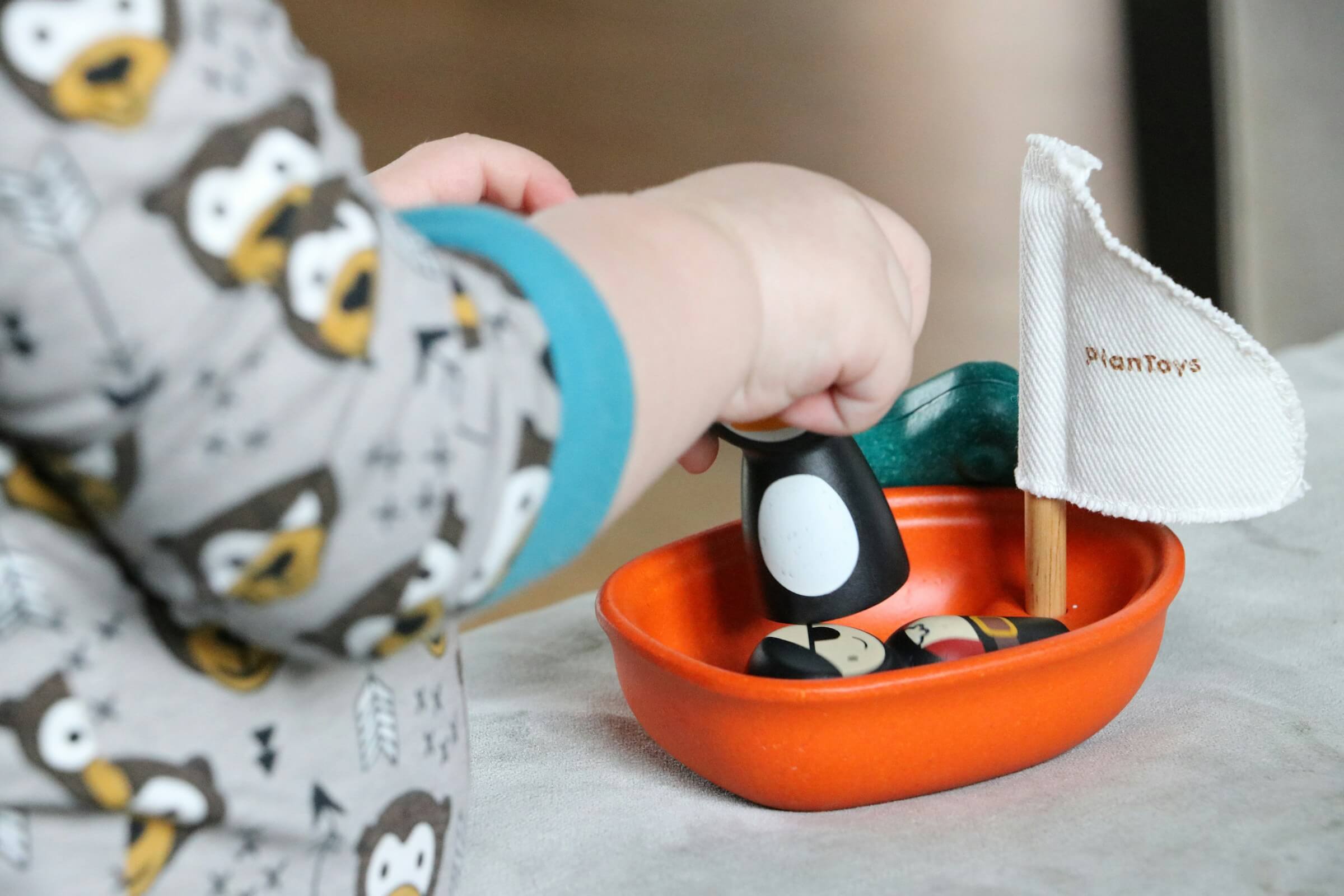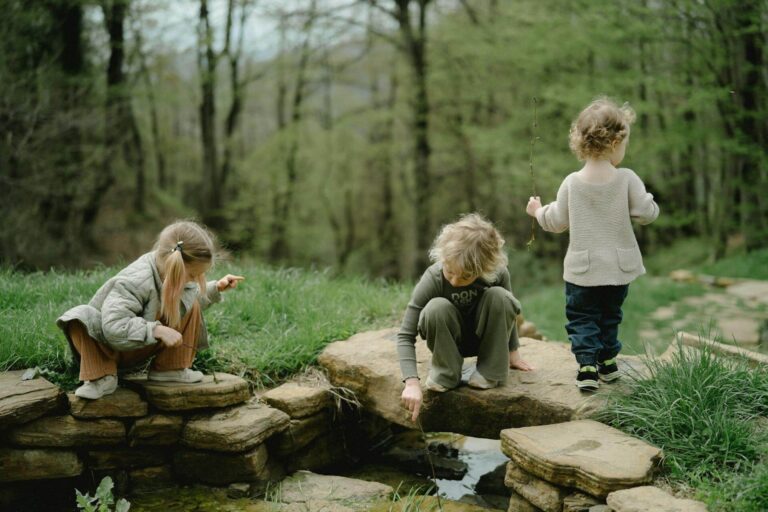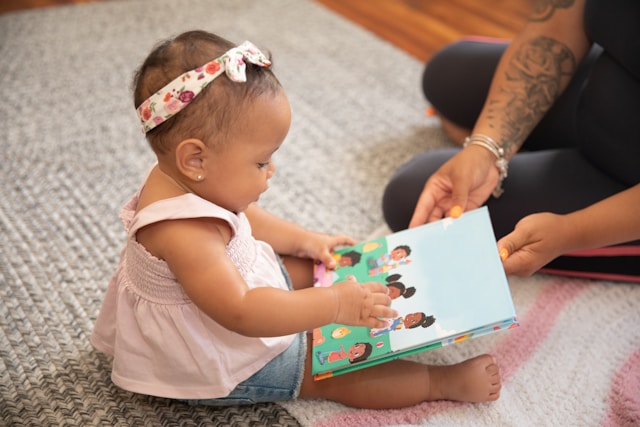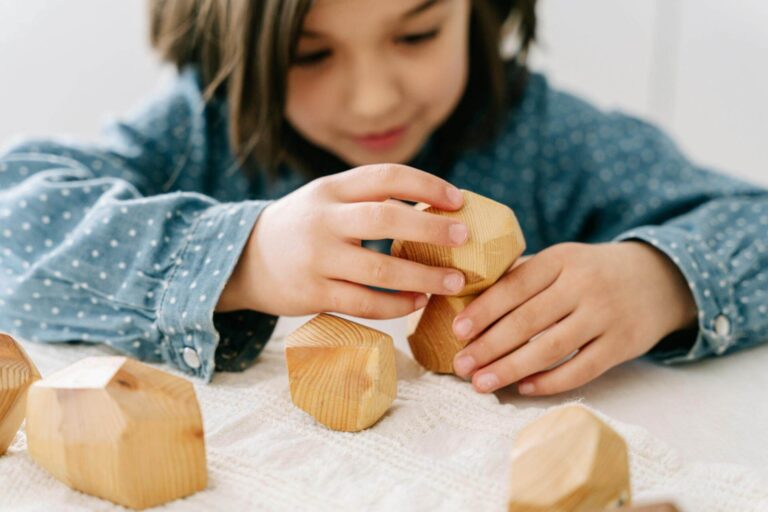If you’re reading this, you’ve probably tried all the usual sleep advice—calm bedtime routines, dark rooms, white noise, the “perfect” schedule. Maybe some of it worked. Maybe it didn’t. Maybe it felt like yet another checklist that only half-applied to your child.
The truth is, sleep isn’t just about routines. It’s a developmental process. And when something is developmental, that means kids learn it the way they learn everything else—through practice, experience, and connection.
And what’s the best way kids learn? Through play.
But no one really talks about play when they talk about sleep. Until now.
Why Play Matters for Sleep (And Why Culture Does, Too)
We all know that play is important for learning. Kids don’t learn social skills from a PowerPoint; they learn through games, storytelling, and exploration. They don’t develop emotional regulation because we tell them to stay calm—they practice it in play.
So why do we assume sleep is something they’ll just “get” without the same kind of learning?
💡 Here’s what the science says:
✔ Play builds emotional regulation → If a child struggles with big feelings at bedtime, play helps them practice self-soothing in a low-pressure way.
✔ Play makes transitions easier → Sleep is a transition. Kids who struggle with transitions during the day often struggle at night, too. Play can help smooth that process.
✔ Play can reduce bedtime fears → Storytelling and pretend play help kids process emotions, making them feel safer at bedtime.
✔ Play makes learning engaging → Instead of trying to force sleep with rigid rules, play-based strategies help kids WANT to participate in bedtime.
But there’s something else shaping how kids experience sleep—culture.
Sleep Isn’t Just Biological—It’s Cultural
If you’ve ever wondered why sleep looks different across families, countries, and traditions, it’s because sleep isn’t just about biology—it’s about cultural conditioning.
Where we sleep, how we fall asleep, and what we believe about sleep are all shaped by our environment.
Some cultures prioritize independent sleep from infancy, while others encourage co-sleeping for years. Some parents believe bedtime should be rigid, while others see sleep as flexible and child-led.
Even the words we use around sleep shape how we experience it—one culture’s bad habit is another’s normal developmental phase.
“Sleep can be considered a biologically driven behavior of the child that is strongly shaped and interpreted by cultural values and beliefs of the parents. It is important to note that many ‘problems’ with sleep during childhood, such as difficulties falling asleep alone or waking at night and seeking parental attention, are based on culturally constructed definitions and expectations and are not necessarily rooted in sleep biology.”
Oskar G Jenni et al. Pediatrics. 2005 Jan.
In other words, what’s labeled a sleep problem in one culture might not even be recognized as an issue in another.
And just like sleep itself, the way we teach sleep should be adaptable to cultural and family values.
This is why Play to Sleep isn’t a one-size-fits-all behavioral intervention—it’s a framework that respects how different families view sleep and parenting. Instead of forcing rigid solutions that may not align with a family’s values, we can use play as a bridge—a flexible, fanily-led way to help kids develop sleep skills within their family’s unique sleep philosophy.
By using play to teach sleep skills, parents can adapt based on their own beliefs, family structure, and child’s temperament.
Introducing Play to Sleep: A New Educational Approach to Sleep
For too long, sleep has been framed as a biological event or a behavior to correct—often overlooking how children actually learn. Sleep, like any other skill, is something that develops over time through practice, experience, and engagement.
At Play to Sleep, we take a different approach. Instead of viewing sleep challenges as problems to fix, we see them as opportunities for learning. What if sleep could be taught the way children learn everything else—through play?
This isn’t about dismissing the importance of routines, schedules, and sleep environments. These elements matter. But they are only part of the picture.
We also recognize that no two families approach sleep the same way. Sleep is shaped not just by biology, but by parenting philosophies, cultural expectations, and family dynamics. A sleep approach that truly works must be flexible, developmentally appropriate, and aligned with each family’s values—not a one-size-fits-all intervention.
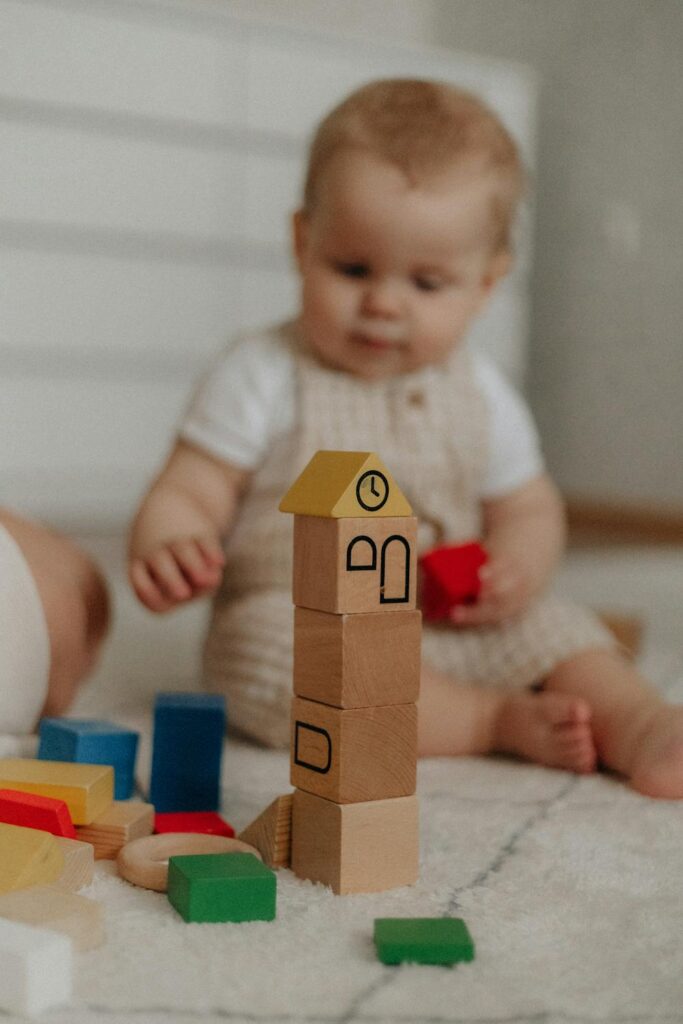
Where Do We Go From Here?
Right now, the idea of play-based sleep support is still emerging. While play has been widely used in therapy, emotional regulation, and health interventions, its potential in sleep education remains largely unexplored.
Over the next few months, we’ll be diving into:
✔ How different types of play help children develop better sleep habits
✔ Why some sleep challenges are developmental, not behavioral
✔ How play can be integrated into sleep plans—either alongside sleep training or as an alternative
✔ How cultural expectations influence sleep, and how to work with them rather than against them
💡 Have you ever noticed a child pretending to put their toys to sleep?
💡 Do they reenact bedtime routines during play?
They are already engaging with the concept of sleep. What if we met them where they are?
This is just the beginning. Let’s rethink how we support children’s sleep—not just as a biological process, but as an essential skill they can develop through meaningful, engaging, and culturally responsive experiences.
